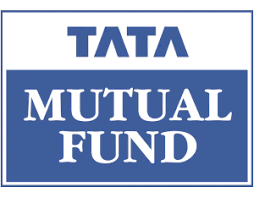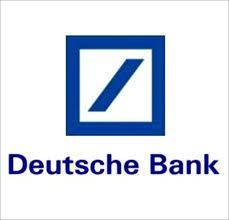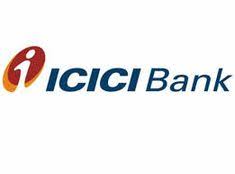The asset management company focuses on achieving long-term consistent returns on its investments through a transparent and well-defined risk control framework.
On Tata Mutual Fund Official Website

Updated: 17-05-2024 12:28:35 PM
Below mentioned are the mutual funds offered by Tata Mutual Fund:
The following are the solution based funds offered by Tata Mutual Fund:
The following are the equity funds offered by Tata Mutual Funds in India:
Below are the diversified funds offered by Tata Mutual Funds:
The following are the sectoral funds offered by Tata Mutual Funds:
The Tata India Tax Savings Fund aims to generate returns from long term investments in equity market. The open-ended equity linked tax saving scheme has a lock-in period of 3 years. It helps investors make considerable tax savings under Section 80C of the Income Tax Act. Due to a 3-year lock-in period, the fund has better stability in terms of performance.
| Fund Type | Open-ended equity scheme |
| Entry Load | N/A |
| Exit Load | The scheme has a lock-in period of 3 years post which no exit load will be charged. |
| Benchmark | S&P BSE SENSEX |
| Fund Manager | Rupesh Patel and Ennette Fernandes (Assistant Fund Manager) |
| Risk Factor | Moderately High |
Investment Objective
The primary objective of the Tata India Tax Savings Fund is to generate medium to long term capital gains and facilitate income distribution while focusing on capital appreciation.
Who is Tata India Tax Savings Fund Ideal For?
The Tata India Tax Savings Fund is beneficial for those investors who are looking to save tax up to Rs.1,50,000 under section 80C of the Income Tax Act 1961. The scheme is ideal for those looking for medium to long term capital gains. However, it is recommended to take advice from a tax expert to know the implications of investing in the scheme.
Tata Index Fund is an open-ended equity scheme that adopts a ‘passive investment’ approach. It focuses on generating returns that correspond with the average returns of the SENSEX/NIFTY. The scheme reduces the risk of active investment management by emphasising on low portfolio trading and portfolio diversification.
| Fund Type | Open-ended equity scheme |
| Entry Load | N/A |
| Exit Load | 0.25% of the NAV is charged as exit load if the fund is redeemed on or before 7 days from the issue date. |
| Benchmark | Nifty 50/S&P BSE SENSEX |
| Fund Manager | Sonam Udasi |
| Risk Factor | Moderately High |
Investment Objective
The objective of Tata Index Fund is to achieve the market returns by minimising the tracking error.
Who is Tata Index Fund Ideal For?
The scheme is ideal for those who wish to keep the risk factor to a minimum and gain from low portfolio trading and portfolio diversification.
Liquid Funds
The following individuals and groups are eligible to invest in Tata Mutual Funds?
Individuals above the age of 18 years can singly or jointly invest (maximum 3 persons) in Tata Mutual Funds.
For KYC registration, there are different document requirements for individual investors and non-individual investors. The KYC registration can be done through KYC Registration Agencies that are registered with the SEBI. Following are the documents required by individual investors for KYC registration:
For KYC registration by non-individual investors, a list of mandatory documents can be found in section C of the KYC application form.
Tata Mutual Funds has three options under the Transact Online facility. To avail the facility, the users must have an existing folio with Tata Mutual Fund complied with the KYC.
Tata Mutual Funds has been known for delivering consistent performance and world-class service. It offers schemes for various sects of the society including salaried professionals, businessmen, housewives, retired persons, and aggressive and conservative investors. The Tata Asset Management Company focuses on achieving consistent results on a long-term basis. It uses a transparent framework and rigorous risk control mechanisms to attain the investment objective of a scheme.







Investors need to attach their KYC acknowledgement and the Investment Application Form for first time investment in Mutual Funds. Applications without the KYC acknowledgement may be rejected by the mutual fund.
Yes, to enrol for Micro SIP, completing the KYC formalities is a must. Applicants must submit a valid identity proof and address proof to comply with the KYC requirements.
Yes, NRI investors need to submit a certified copy of the identity proof (PAN Card). The Pan Card is the most important requirement for KYC compliance. Along with the PAN Card, they are required to submit the copy of local/overseas address proof certified by the Indian embassy or other local authority.
The ‘One Time Mandate’ or OTM facility is a registration process that includes authorising the banker to execute deduction from your bank account (up to a certain limit) based on requests received from Tata Mutual Fund.